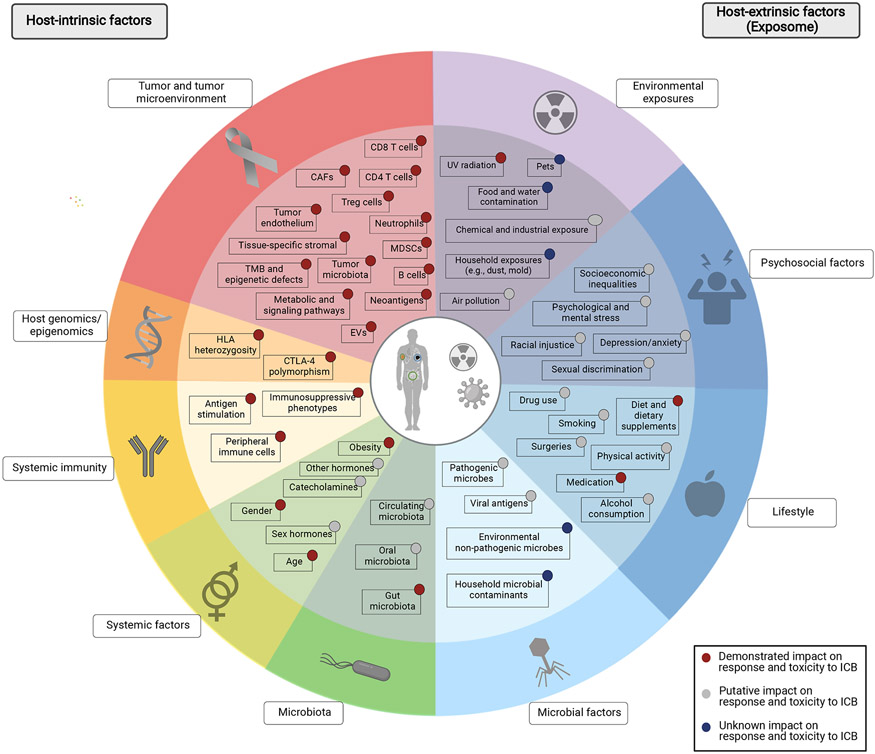Figure 2. Factors impacting anti-tumor immunity and immunotherapy response.
Numerous factors regulate the dynamic process of tumor immunity and response to immune checkpoint blockade. Host-intrinsic factors including those inherent to the tumor cells and the tumor microenvironment (red), host genomics and epigenomics (orange), host immunity (yellow), as well as other immune-regulating factors (systemic factors, light green; microbiota, dark green) have been evaluated through a rapidly growing body of evidence. More recently, the importance of host-extrinsic factors, i.e., the exposome (shown in blue and purple) in modulating the tumor immunity and their potential impact on response to checkpoint blockade is being recognized increasingly and calls for comprehensive, albeit complicated, studies on this matter. TMB, tumor mutational burden; Treg, regulatory T cells; MDSCs, myeloid-derived suppressor cells; CAFs, cancer associated fibroblasts; EVs, extracellular vesicles; HLA, human leukocyte antigen; CTLA-4, cytotoxic T-lymphocyte-associated protein 4; UV, ultraviolet.

